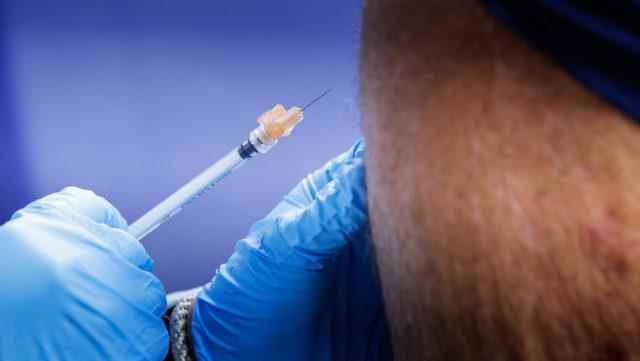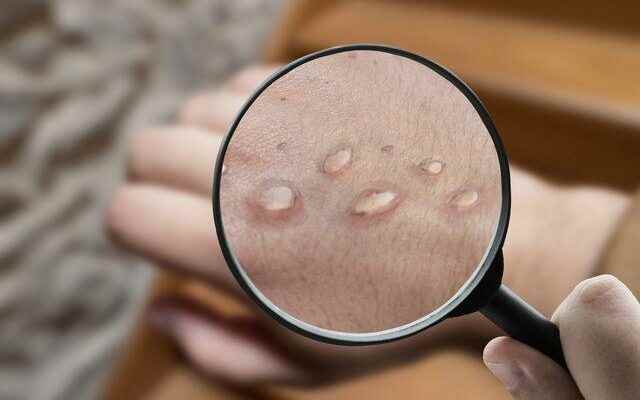Monkeypox virus, which continues its effect in many parts of the world, especially in Europe, has mobilized the World Health Organization (WHO), and has been declared an International Public Health Emergency (PHEIC) due to the virus infecting more than 16 thousand people in 75 countries. It was announced that the symptoms of the disease, which spread through close physical contact, appear in the form of fever and skin lesions after an incubation period of 5 to 21 days. The Ministry of Health has published a guide for the ‘monkey pox virus’.
The monkeypox virus, which emerged before the effects of the coronavirus epidemic passed, affected many countries, especially Europe. The guide prepared by the Ministry of Health included detailed information from what to do in case of contact with infected people to quarantine conditions.
SYMPTOMS OF MONKEY POLO VIRUS
Monkey Flower clinically presents with symptoms of fever, malaise, fatigue, headache, rash, and swollen lymph nodes and can cause a range of medical complications. They usually have symptoms lasting 2-4 weeks.
RISK IN RAW MEAT
Eating raw and undercooked meat of infected animals and other animal products of infected animals is a possible risk factor.

CLOSE CONTACT HAZARD
Human-to-human transmission may result from prolonged close contact with an infected person, direct contact with skin lesions or mucous membranes of the eyes, nose, and mouth, or close contact such as bed linen or towels that have recently touched skin lesions. It can be passed from infected mother to baby through the placenta. Sexual transmission is another risk factor. However, since close contact during intercourse may also be the cause of transmission, sexual transmission is not clear for today.
INcubation CAN EXTEND TO 21 DAYS
The incubation period of monkeypox from risky contact to the onset of symptoms is usually 6-14 days, but can range from 5-21 days.
LIGHT SENSITIVITY
The clinical picture begins with fever, intense headache, swelling of the lymph nodes, back pain, muscle aches and intense weakness. These findings are prominent in the first 5 days. The skin rash usually begins 1-3 days after the fever appears. It affects the palms of the hands in 95 percent of cases and the soles of the feet in 75 percent. The genital area and cornea are also affected. In the clinical picture, some people may also experience light sensitivity, chills, and sweating.
QUARANTINE AT HOME FOR THOSE IN THE SIDE SEAT
Passengers sitting right next to the case in public transportation such as airplanes, trains and buses will isolate themselves in a separate room, if possible, without being in the same environment with the households in their isolation at home. Masks will be worn when in the same environment with households. (News Global)
